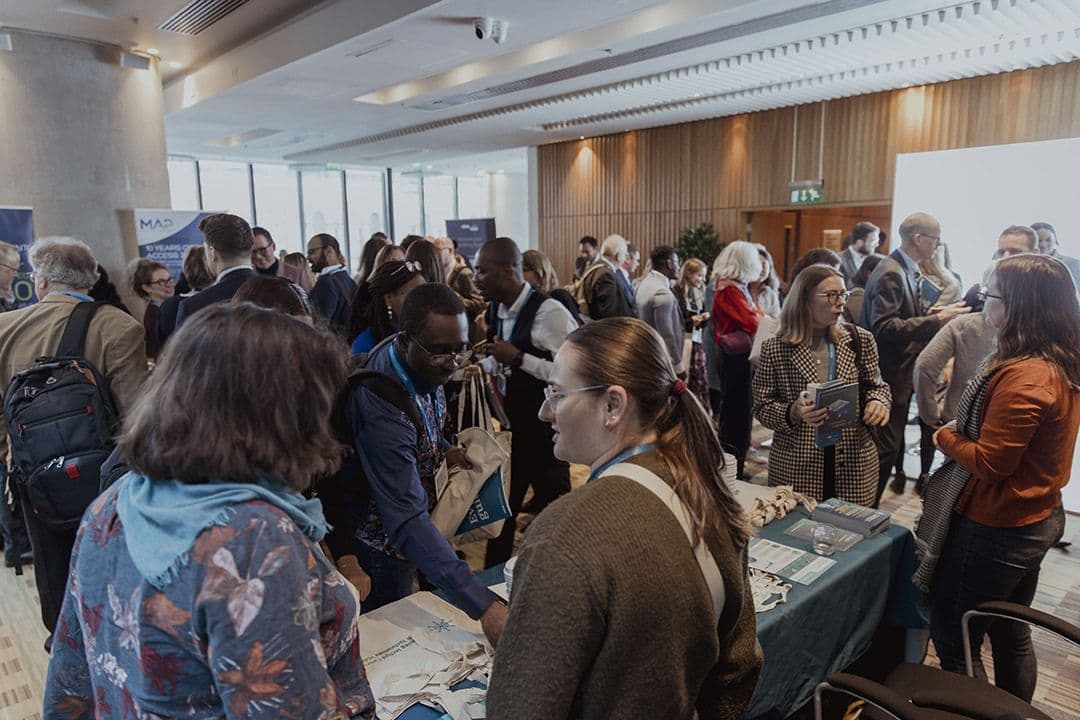Advisory committee meetings, technology appraisal appeal hearings, public board meetings and some of our other meetings are open to the public and press. Come along and see how we work.
Get involved
We want you to be involved in our work.
There are lots of ways to get involved with NICE. You can register as a stakeholder, join a committee or working group, attend open meetings, or even work with us directly to help shape our guidance
Ways to get involved
There are a number of ways you can get involved with NICE in the development and implementation of our guidance and other products.
Our guidance and quality standards are developed by independent committees. They are made up of experts in health and social care, people who use health and care services and carers. Join us and use your voice to make a real difference to patient care.
Keep up with what we’re working on and help shape our products by registering as a NICE stakeholder. Stakeholders play an important role in making sure our recommendations are relevant and meet the needs of people affected by health and social care issues.
All guidelines and quality standards are open for consultation during their development. Registered stakeholders can comment on our recommendations.
There are a number of ways that you can get involved in the development and promotion of our quality standards.
Join the NICE adoption and impact panel to share your expert advice and give us an independent view on our tools and resources.
Take part in research to help us develop better products and services. Adding your voice to our insight community helps us ensure we deliver what our audiences really need.
Who can get involved?
We welcome input from patients, carers, the public, and health and social care professionals from specific backgrounds.
People and communities - putting you at the heart of our work
We're committed to involving people who use services, carers and the public in the development of our guidance and other products. This means our products are focused around the people most directly affected by our recommendations.
GPs help to bring a primary care perspective to the guidance that we produce. They do this by taking part in the committees that develop our guidance.
Our medicines and prescribing associates work in and support front line health care services. They train and support nearly 100 clinicians from a range of organisations and professions including pharmacists, nurses and doctors.
Other opportunities

Get involved in key NICE projects that support national health and care priorities, and help us understand what our users need.

Find out about events we're hosting or attending, such as conferences and seminars. You can also request a speaker for your event by completing a short form.

Find out about the Executive MSc Healthcare Decision-Making. This is a master's degree we co-developed with the London School of Economics and Political Science (LSE).